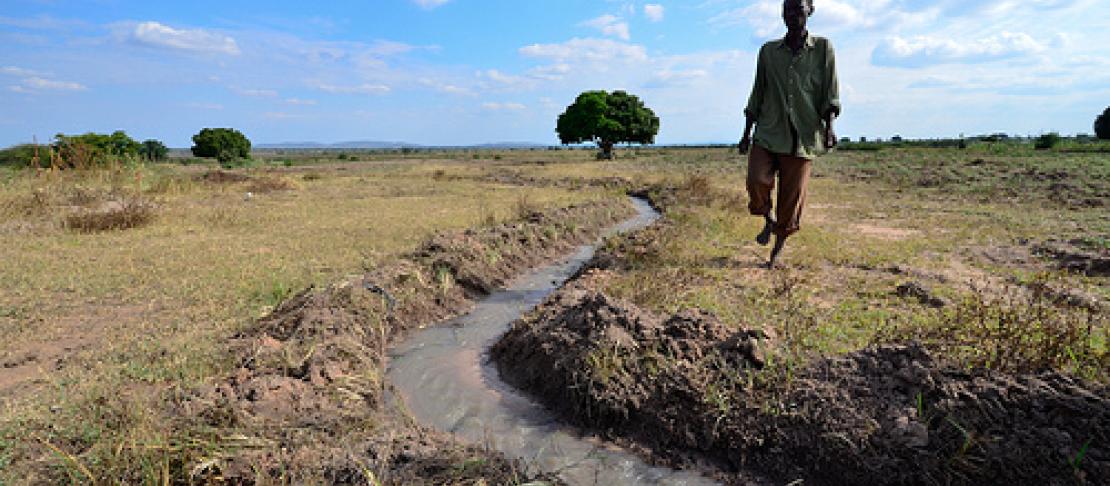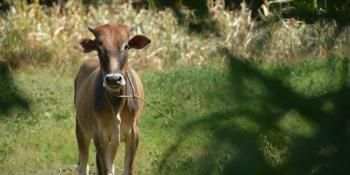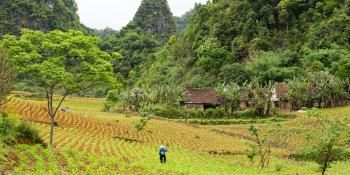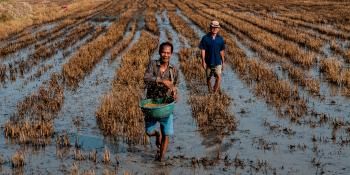Thinking one step ahead at all times is difficult - but necessary!

One of the best examples of the inter-connectedness of the three themes for this year’s Gobal Conference on Agricultural Research for Development (GCARD2) is the Global Foresight Hub, re-introduced on Wednesday by Joost Vervoort, Scenarios Leader at the CGIAR Research Program on Climate Change, Agriculture and Food Security (CCAFS).
Vervoort’s take home message? You can have all the foresight you want, but if it’s not integrated across multiple scales and multiple stakeholders it won’t do anybody any good. In fact, the “Hub” exemplifies the inseparable nature of the Foresight and Partnership themes; their inter-dependence is the key to the practical application of foresight in agricultural research and development.
Vervoort’s view on foresight is a pragmatic one. “There are so many things that are uncertain in the world: climate change could affect things in ways we don’t understand, global prices and economies could go in all kinds of weird directions, political situations change unexpectedly. To attempt to project the future is really quite ridiculous.”
But, he emphasizes, we still have to try to plan for it. “That’s why CCAFS uses scenarios,” Vervoort says, referring his work on political foresight for food security in East Africa (PDF). “Maybe some of the things that you come up with in a scenarios workshop could be useful regardless of how the future turns out.”
The Global Foresight Hub (PDF), therefore, is a very important step forward. It is an indispensable platform to share lessons and resources for the enablement of effective foresight, as well as for networking and comparing stories across geographical regions and scales of influence (local, national, regional and global).
The Hub also works across three key dimensions: the forward thinking platform (coordination among foresight practitioners), foresight academies (educational programs in different regions around the world for the teaching and training of young foresight professionals), and policy platforms (bringing results to policy makers and engaging them in the process).
The future may be uncertain, but one thing is for sure: we will be all eyes and ears to see how the Hub’s partnerships have been carried forward to enhance foresight as GCARD3 approaches in 2014.
Read more about the Global Forum on Agricultural Research GFAR Global Foresight Hub (PDF).
Read Vervoort’s case study for the Global Foresight Hub: No foresight, no food? Regional scenarios for Africa and South Asia. Check out the 2010 CCAFS Report Regional scenarios development for East Africa (PDF).
Caity Peterson is a visiting researcher based at the International Center for Tropical Agriculture (CIAT) in Colombia, working on CCAFS Theme 1: Adaptation to Progressive Climate Change. To get more updates, follow us on Facebook, and Twitter @Cgiarclimate.



